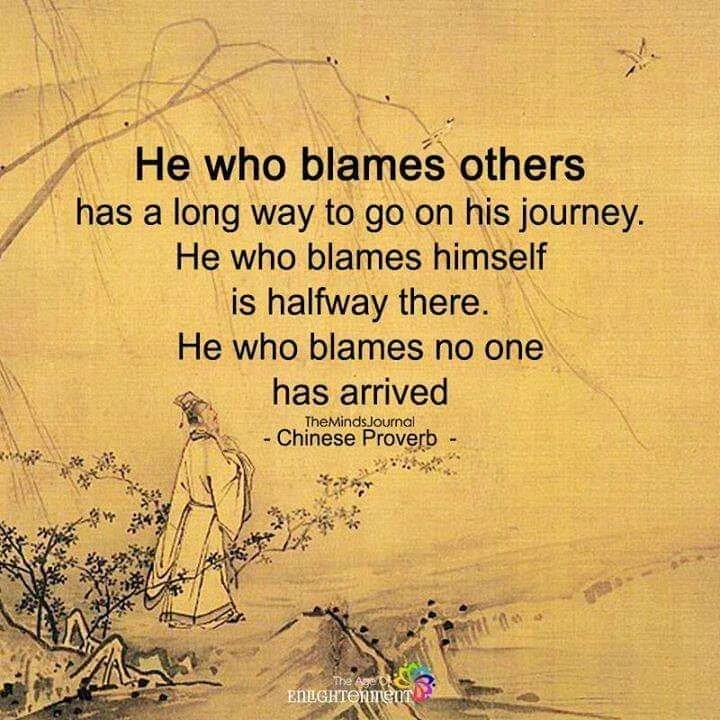The Qi State is called “Qigong Tai” in Chinese.
This term was originally defined by Qian Xuesen, a brilliant rocket scientist trained at the California institute of technology (Caltech) and the Massachusetts Institute of Technology (MIT), and who was later regarded as the Father of China’s space program.
Qian is the main supportive force that made many people practice Qigong. During his period of advocating for Qigong, one in every five people in China were practicing Qigong daily. He encouraged scientists to conduct more research on Qigong, especially young scientists to remain open-minded and have the courage to study the unknown. He firmly believed that science needs courage and leadership without fearing others’ criticism and doubt. He stated that science cannot explain every Qigong phenomenon, but that it does not mean that Qi doesn’t exist nor does it invalidate its healing effects and power.
There are many phenomena in the Human body and in our world that science just can’t explain, yet. He believed that through Qigong cultivation, people become able to regulate the activities within their body so as to keep it in balance. From 1983 to 1987, Qian gave more than a hundred lectures on Qigong as well as on the human body’s transcendental abilities through Qigong practice in universities and at the CNSA stadium hall, where he worked (CNSA stands for China National Space Administration, it’s the equivalent of NASA in the US). Based on his studies and lectures, he published a book titled Human body science and modern technology (1998).
Qian started Qigong when he was 19 years old, after he got typhoid. He was treated by an herbalist first but the effects being limited, he then went to see a Qigong master and experienced external Qi transmission with remarkable, immediate, and tangible results - He quickly and completely recovered. So, he decided to start practicing Qigong on his own, and since then, he kept his daily Qigong practice until his passing in 2009 at the age of 98.
According to Qian, the human body has a normal state; but when one cultivates Qi, one can enter into a different state. The mind is in between sleep and awake, it enters into a relaxing and meditative state while still being fully aware. The brain waves in that state are different from when people are asleep or awake.
When you are practicing Qigong for self-healing, you can enter into internal Qi State; when you are conducting healing for others, you enter into external Qi state. In both scenarios, you can use the human body’s potential and access the source of the energy from the universe to heal yourself and others.
When cultivating Qi to a certain level, Qi state is the most blissful and comforting experience: the mind is calm and crystal clear, heart energy is soft and expanded, every cell is livened, clean blood circulate in joy, and the body moves on its own with full freedom surrounded with warm and breezy life-force (Qi), you feel fully alive and unite with heaven and earth into oneness.
Editing credit to Simon Rimbert

